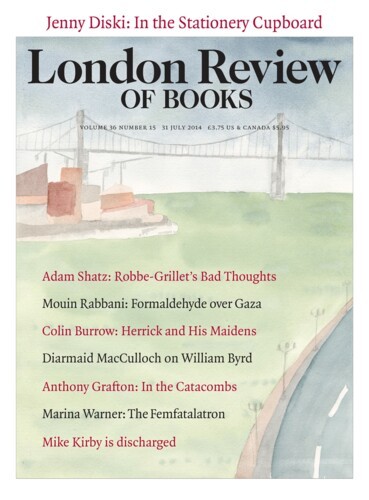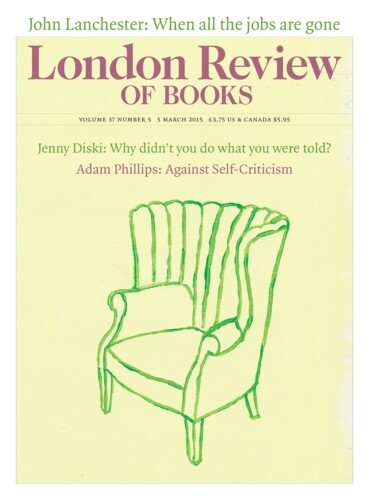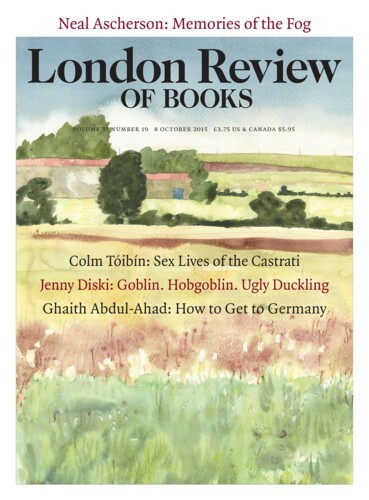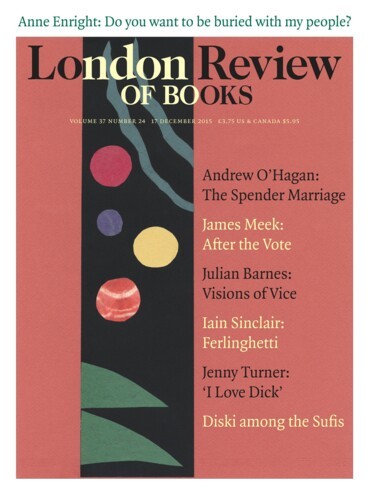Short Cuts: At the Selmentsi Crossing
Daniel Trilling, 31 July 2014
The European Union’s eastern frontier cuts through Selmentsi, a village on the border of Slovakia and Ukraine. On the Ukrainian side, the road leading to the checkpoint is lined with shops selling fake designer clothes. The villagers serving in the shops slip easily between Hungarian, Russian, Ukrainian and Slovakian, a legacy of the region’s contested history. Once part of the...





